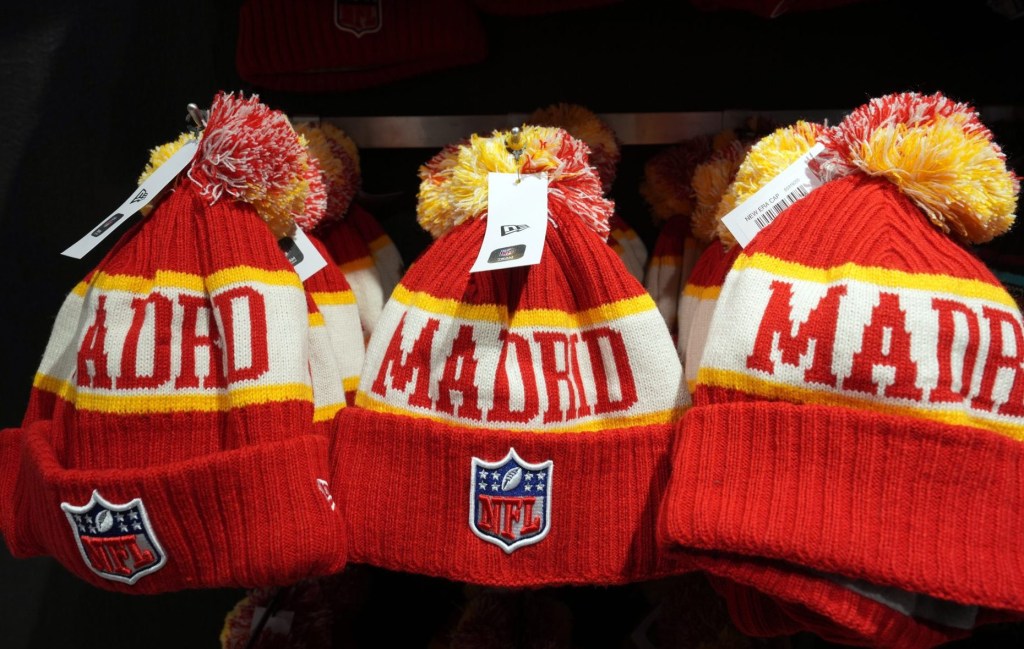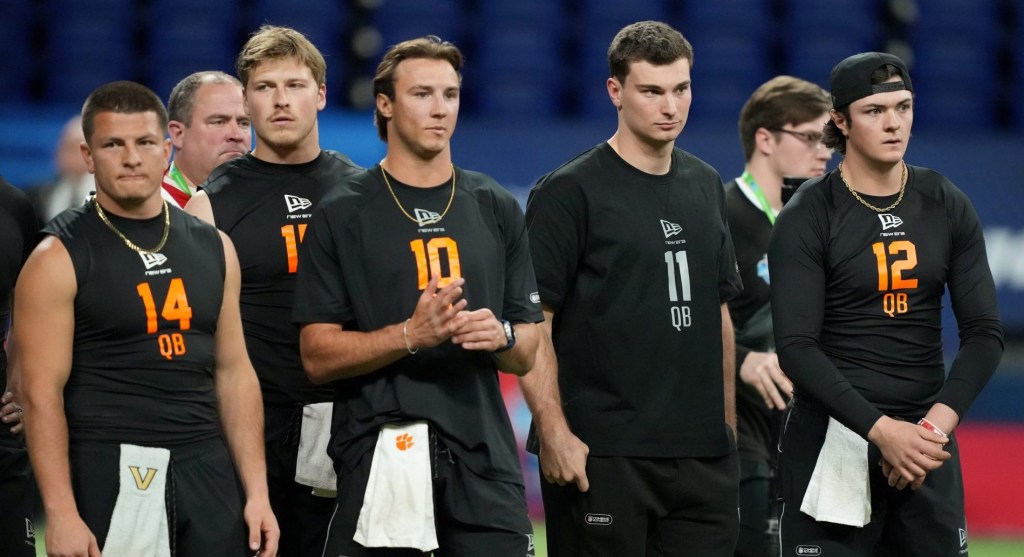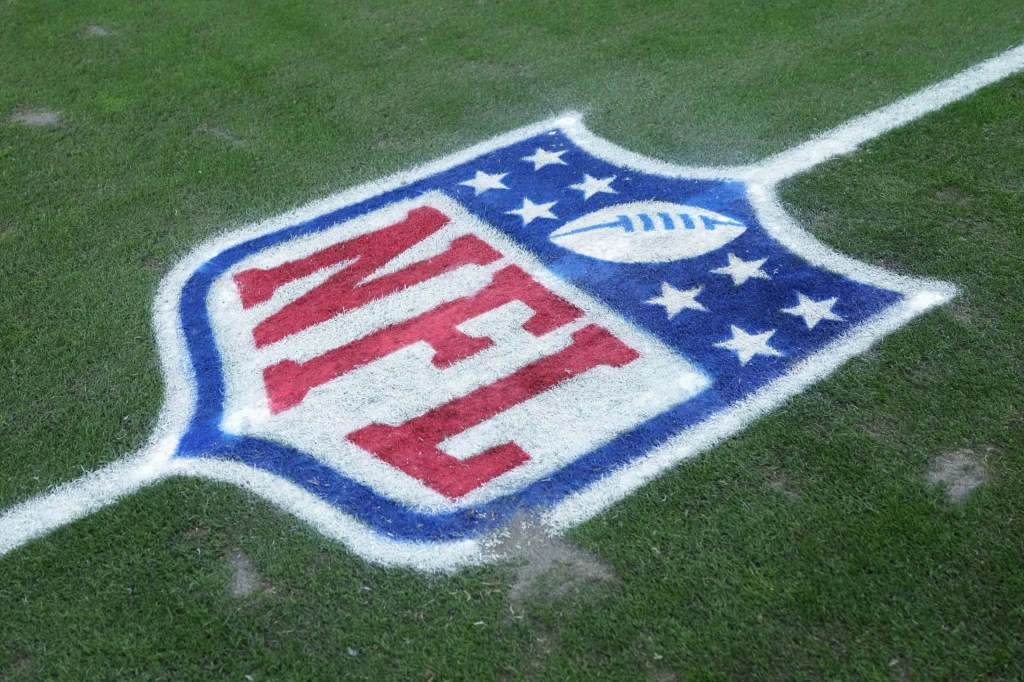The Professional Women’s Hockey League is ending a debut season filled with historic successes, but also one that sets up questions about where it takes that initial momentum next.
The PWHL Minnesota and Boston teams will play a deciding Game 5 of the league final Wednesday at the Tsongas Center in Lowell, Mass. The contest will cap an inaugural season in which the PWHL averaged 5,448 per game in attendance during the regular season, generated further boosts at the gate during the postseason, and tapped into a broader groundswell for women’s pro sports that also has seen historic results over the past year for the NWSL and WNBA.
During the course of the season, the PWHL set multiple records for the most-attended women’s hockey game, capping with a draw of 21,105 on April 20 at the Bell Centre for a game between the Montreal and Toronto franchises. Primarily backed by Mark Walter, lead owner of MLB’s Dodgers, the PWHL has also enjoyed a significant boost in prominence from the presence of tennis and equal rights icon Billie Jean King, an investor in and adviser to the league.
Critical To-Do List
But just as the inaugural season is capped as a significant success, there are now several critical areas of focus as the PWHL looks ahead to the second year. Among them:
- Team identities: The lack of team nicknames—each of the six teams this year was named “PWHL” with its respective market—added to an initial fan focus on the league name. But team names are in development and will be incorporated into a recently completed jersey deal with Bauer that will take full effect with the 2024–25 season.
- Media rights: The PWHL enjoyed extensive national-level broadcast coverage in Canada, both in English and French. But the U.S. presence was focused primarily on regional sports networks and the league’s YouTube channel. A key initiative for the league will be to expand the U.S. broadcast profile beyond an existing deal with the Women’s Sports Network.
- New York: The league’s franchise there averaged a PWHL-worst attendance of 2,496, and played home games in three different venues spanning the states of New York, New Jersey, and Connecticut, complicating efforts to develop a local fan base. Shoring up the PWHL’s presence in the largest U.S. media market will be a key offseason priority.
- Expansion: There are several markets in both the U.S. and Canada interested in gaining PWHL franchises, but league officials are putting expansion on the back burner for the second season, choosing to focus instead on further testing of candidate cities with neutral-site games, a measure already done in Pittsburgh and Detroit.
“When the season’s over, we’re going to review everything—every city, every venue that we’re in, and we’re going to try to improve,” said Stan Kasten, another PWHL advisory board member, a close ally of Walter’s, and a key figure in the development and initial operation of the league.







![[Subscription Customers Only] Jun 15, 2025; Seattle, Washington, USA; Botafogo owner John Textor inside the stadium before the match during a group stage match of the 2025 FIFA Club World Cup at Lumen Field.](https://frontofficesports.com/wp-content/uploads/2026/02/USATSI_26465842_168416386_lowres-scaled.jpg?quality=100&w=1024)
![[Subscription Customers Only] Jul 13, 2025; East Rutherford, New Jersey, USA; Chelsea FC midfielder Cole Palmer (10) celebrates winning the final of the 2025 FIFA Club World Cup at MetLife Stadium](https://frontofficesports.com/wp-content/uploads/2026/02/USATSI_26636703-scaled-e1770932227605.jpg?quality=100&w=1024)




![[US, Mexico & Canada customers only] Feb 6, 2026; Riyadh, SAUDI ARABIA; Jon Rahm in action during the third round of play at LIV Golf Riyadh at the Riyadh Golf Club.](https://frontofficesports.com/wp-content/uploads/2026/03/USATSI_28173562_168416386_lowres-scaled.jpg?quality=100&w=1024)
![[US, Mexico & Canada customers only] Sep 28, 2025; Bethpage, New York, USA; Team USA's Bryson DeChambeau reacts after hitting his approach on the 15th hole during the singles on the final day of competition for the Ryder Cup at Bethpage Black.](https://frontofficesports.com/wp-content/uploads/2026/03/USATSI_27197957_168416386_lowres-scaled.jpg?quality=100&w=1024)


